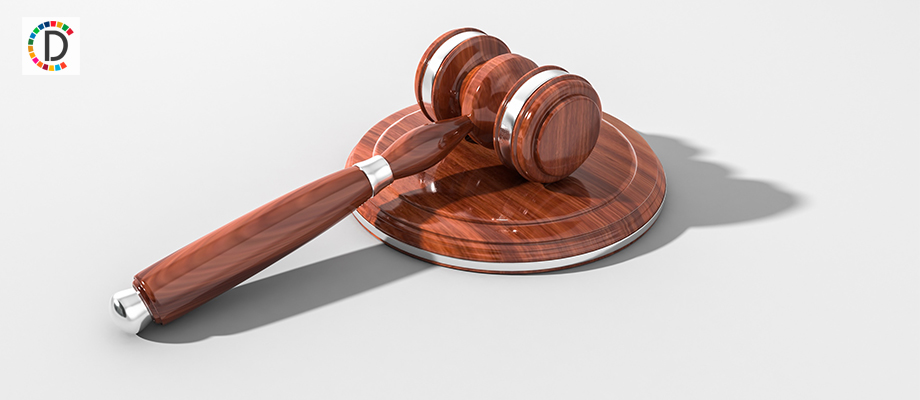Supreme Court Shifts Balance: States to Regulate Industrial Alcohol
The Supreme Court has ruled that states have the regulatory authority over industrial alcohol, nullifying the Centre's exclusive control. The verdict opens a significant revenue avenue for state governments and highlights the complexities of legislative power distribution between state and federal governments in India.

- Country:
- India
The Supreme Court ruled on Wednesday that states will hold the regulatory power over the production, manufacture, and supply of industrial alcohol, rejecting the Centre's claim over its exclusive control. The decision overturns a 1990 ruling that granted the central government regulatory authority over this sector.
In an 8:1 verdict, the court emphasized that the phrase 'intoxicating liquor' under the State List in the Constitution encompasses industrial alcohol, thereby extending state legislative competence to this area. This significant judgment opens a lucrative revenue stream for state governments.
Chief Justice D.Y. Chandrachud, who penned the majority opinion, noted that the legislative framework around intoxicating liquor includes regulating raw materials to production, therefore bolstering states' rights. The decision underscores the ongoing debate over jurisdiction in the bifurcated powers between state and Centre.
(With inputs from agencies.)










